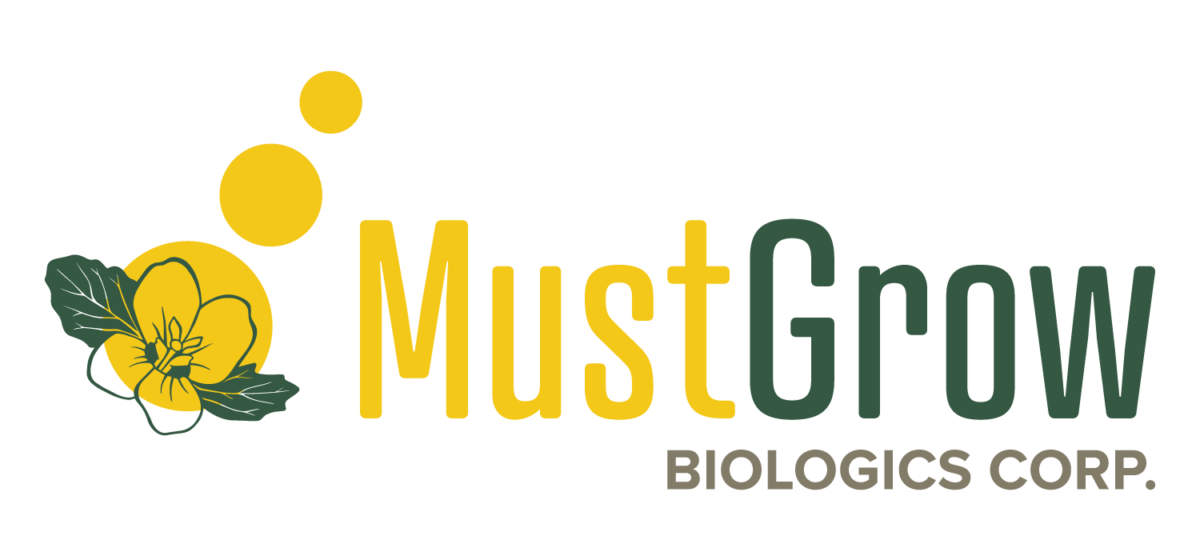MustGrow Biologics Corp. completes acquisition of NexusBioAg
Under MustGrow, this division will market and sell the existing NexusBioAg product lines, MustGrow’s owned products and technology, and potentially other third-party products.
Canada based MustGrow Biologics Corp. announced the execution and closing of an Asset Purchase Agreement (the “APA”) with Univar Solutions Canada Ltd. for the acquisition of certain assets that represent NexusBioAg.
MustGrow’s acquisition of NexusBioAg positions the Company as a fully integrated provider of biological and regenerative agriculture solutions with a sales, marketing and distribution division in Canada and the opportunity to expand the division’s operations into the U.S. The consideration payable to Univar Solutions pursuant to the APA is (i) a deferred cash payment of approximately $1,662,000.00, subject to adjustment in accordance with the terms of the APA; and (ii) earn-out payments equal to a specified percentage amount of gross margin on certain itemized products sold by MGRO in 2025 and 2026. There are no finder fees payable in connection with the acquisition and the parties are acting at arm’s length. The TSX Venture Exchange has conditionally approved the acquisition, subject to customary post-closing requirements.
Under MustGrow, this division will market and sell the existing NexusBioAg product lines, MustGrow’s owned products and technology, and potentially other third-party products. The NexusBioAg sales and marketing team brings extensive experience in the biological and regenerative agriculture sector to MustGrow’s operations, supported by a broad industry network that is uniquely positioned to drive growth and innovation. The NexusBioAg team has well-established relationships with growers, channel partners, and industry influencers. They are adept at commercialization of new biological and regenerative products as well as at leveraging a proven business model. The Company expects significant sales synergies from the acquisition driven by enhanced market access and reduced distribution costs for MustGrow’s owned products and technology.
“This synergistic acquisition solidifies MustGrow’s position as a fully integrated biological and regenerative agriculture company with an established sales, marketing and distribution division offering the existing NexusBioAg product lines and supporting the commercialization of MustGrow’s own innovative products and technologies. Just like MustGrow’s own products and technologies, we are committed to growing the NexusBioAg division and we welcome the new team to MustGrow,” said Corey Giasson, President & CEO of MustGrow.
Under MustGrow, this division will market and





